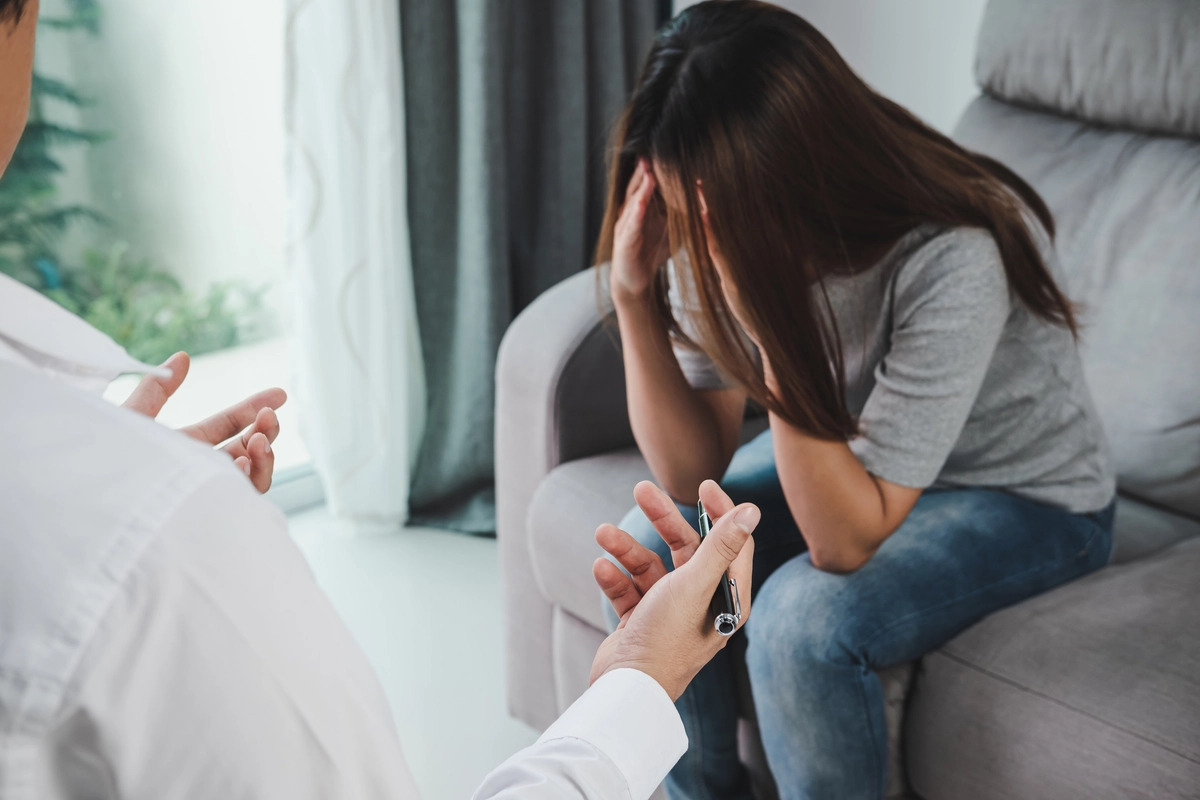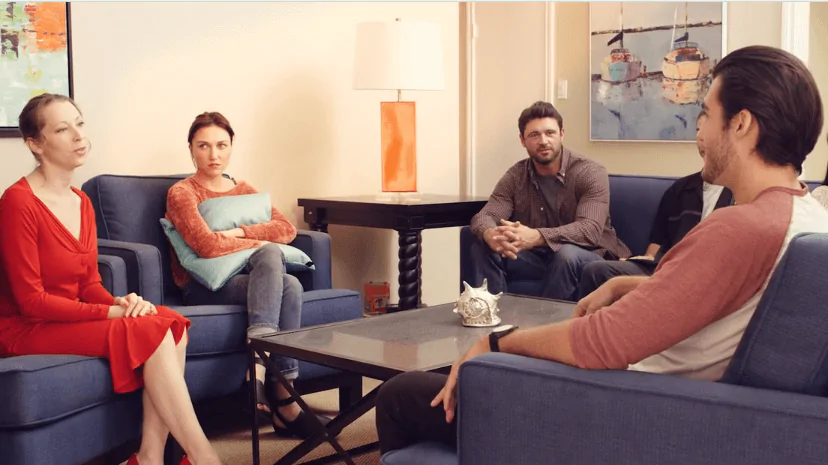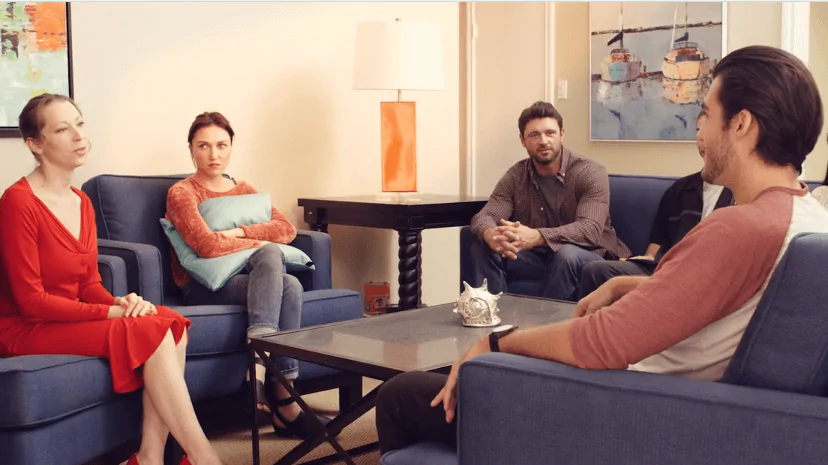24/7 Helpline:
(866) 899-221924/7 Helpline:
(866) 899-2219
Learn more about Bipolar Disorder Treatment centers in Brooks County

Other Insurance Options

BlueCross

Private insurance

EmblemHealth

MVP Healthcare

Premera

Oxford

Humana

Sliding scale payment assistance

Holman Group

Magellan

Amerigroup

BlueShield

Highmark

State Farm

Magellan Health

Meritain

CareFirst

Ambetter

Lucent

Aetna

Bridges of Hope – Morven
Bridges of Hope is a long-term residential Recovery Center with five locations in the State of Georg...














































































